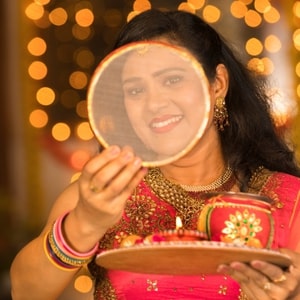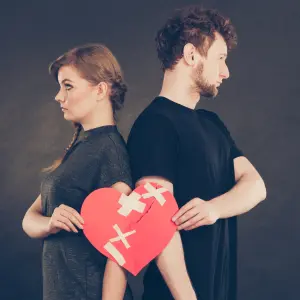Karva Chauth is a traditional Hindu festival celebrated primarily by married women in India. It is a day when wives fast from sunrise to moonrise for the well-being and longevity of their husbands. However, in recent times, the significance of this festival has evolved, and many unmarried women have also started participating in it. This change reflects a shift in perspective, with young women now celebrating love, commitment, and the anticipation of future married life. In this article, we will explore the Karva Chauth rituals for unmarried women and how they have come to embrace this festival.

Understanding Karva Chauth
Karva Chauth falls on the fourth day after the full moon in the Hindu month of Kartik, usually in October or November. The term “Karva” refers to the earthen pot filled with water, while “Chauth” signifies the fourth day of the lunar calendar. Traditionally, married women observe a day-long fast and pray for their husband’s well-being. They break their fast after sighting the moon and their husband’s face, often accompanied by rituals involving the Karva Chauth “Sargi” (pre-dawn meal) and the exchange of gifts with their mothers-in-law.
Karva Chauth Rituals for Unmarried Woman
- Fasting: Unmarried women who participate in Karva Chauth fast from sunrise to moonrise just like married women. They do this to signify their commitment to future married life, hoping for a loving and enduring relationship. Fasting is seen as a symbol of their devotion, purity, and dedication to the idea of marriage.
- Dressing Up: On Karva Chauth, unmarried women often put great effort into dressing up in beautiful traditional attire. They adorn themselves with henna, jewelry, and other accessories to feel more connected to the spirit of the festival.
- Puja and Prayer: Unmarried women perform traditional Karva Chauth rituals, including the evening puja. They offer prayers to Lord Shiva, Parvati, Ganesha, and the moon. This is believed to bring prosperity, marital happiness, and a suitable life partner.
- Fasting Rules: Unmarried women follow similar fasting rules as married women. They abstain from food and water until they see the moon, marking the end of the fast. The moon is considered a symbol of love, beauty, and companionship.
- Breaking the Fast: Unmarried women break their fast by looking at the moon through a sieve and then at a young boy. This boy is often considered as a symbolic stand-in for their future husband. This ritual is performed with great enthusiasm and anticipation.
- Karva Chauth Gifts: Just like in traditional Karva Chauth celebrations, unmarried women exchange gifts with their mothers, friends, and family members. These gifts symbolize love, blessings, and the hope for a happy married life.
Also Read: How to do Karwa Chauth Puja Alone at Home?
Karva Chauth is no longer just a festival for married women; it has become a celebration of love, hope, and commitment for unmarried women as well. These young women embrace the rituals and customs, hoping for a future filled with love and companionship. The festival signifies a deeper understanding of the evolving roles of women in society, where the emphasis is not solely on marriage but also on the celebration of love and relationships. It is a beautiful testament to the ever-changing, dynamic nature of Indian culture and traditions.



